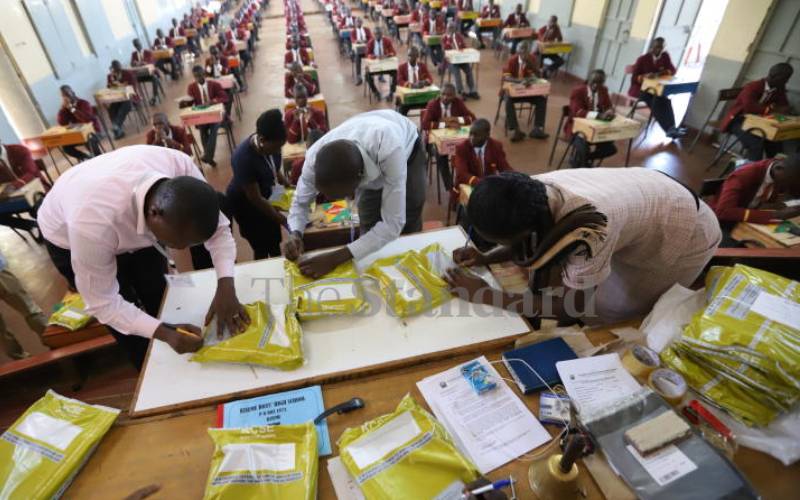×
The Standard e-Paper
Smart Minds Choose Us

Historical injustices and regional differences make it hard to gauge students the same way, hence the need for equity. [Denish Ochieng, Standard]
Article 237 of the Constitution states in part that Teachers Service Commission (TSC) shall review the standards of education and training of persons entering the teaching service and advice the national government on matters relating to the teaching profession.